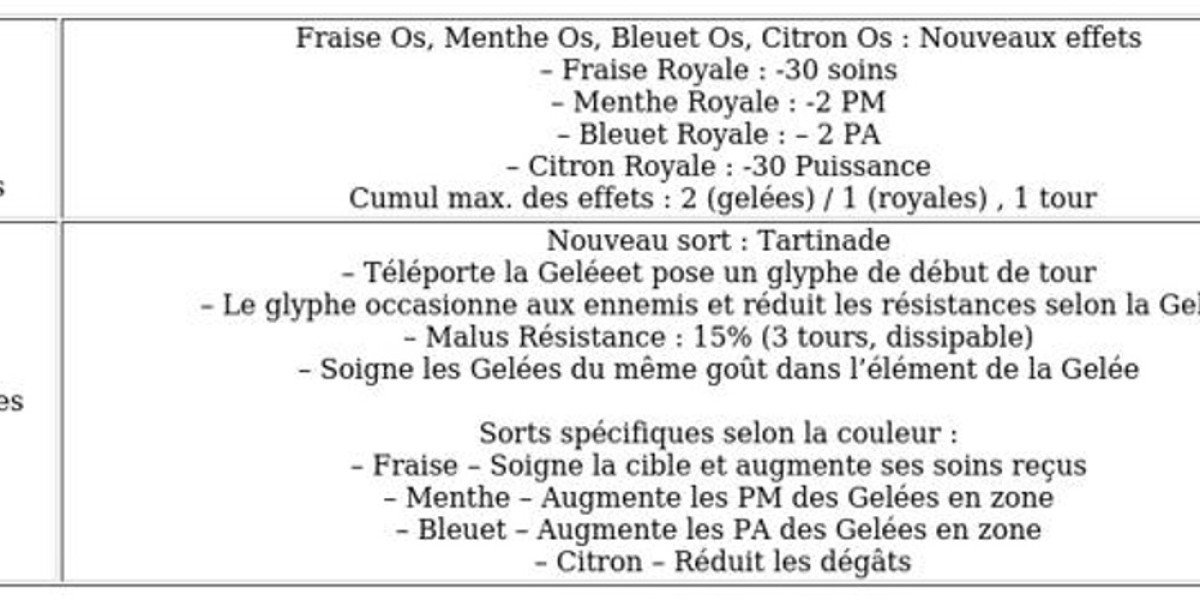Mental Health Assessment and Evaluation: A Comprehensive Guide
Mental health is an essential component of overall well-being, affecting how people think, feel, and act. Understanding mental health needs methodical assessments and examinations that determine psychological, emotional, and behavioral concerns. This post explores the subtleties of mental health assessment and evaluation, describing their significance, approaches, tools, and the functions they play in treatment.
The Importance of Mental Health Assessment and Evaluation
Mental health assessment and evaluation are vital for numerous factors:
- Early Detection: Identifying mental health concerns early can substantially enhance outcomes.
- Personalized Treatment: Tailoring interventions based upon specific needs enhances treatment effectiveness.
- Comprehending Strengths and Weaknesses: Assessments offer insights into a person's coping methods, durability, and areas requiring support.
- Monitoring Progress: Regular evaluations assist track changes in mental health gradually, permitting changes to treatment.
Secret Components of Mental Health Assessments
Mental health assessments generally include various parts to form a holistic view of a person's mental state. These elements might include:
Clinical Interviews: Structured discussions in between the clinician and customer to collect comprehensive information concerning signs, history, and context of the individual's mental health.
Standardized Questionnaires: Various scales and questionnaires assess particular symptoms or disorders. These tools supply measurable data that can help in identifying conditions.
Observational Assessments: Clinicians might observe a client's behavior in different settings to determine their social performance and interaction abilities.
Collateral Information: Gaining insights from household members, good friends, or previous treatments can offer additional viewpoints on the individual's condition.
Typical Mental Health Assessment Tools
Below is a table laying out some common standardized assessment tools used in mental health evaluations:
| Assessment Tool | Function | Key Features |
|---|---|---|
| Beck Depression Inventory (BDI) | Measures the intensity of depression | 21-item self-report questionnaire |
| Generalized Anxiety Disorder 7 (GAD-7) | Evaluates anxiety seriousness | 7-question self-report scale |
| Hamilton Rating Scale for Depression (HAM-D) | Clinician-administered scale examining depressive signs | 17-21 item structured interview |
| Mini-Mental State Examination (MMSE) | Assesses cognitive impairment | 30-item test covering different cognitive domains |
| Patient Health Questionnaire-9 (PHQ-9) | Screens for depression and assesses severity | 9-item self-report tool |
The Mental Health Evaluation Process
The process of mental health evaluation can be described in numerous key steps:
Initial Contact: The evaluation normally begins with a clinician or mental health professional conducting an initial interview or assessment to understand the reasons for the evaluation.
Gathering Information: The clinician collects details about the person's history, current signs, household background, and social characteristics. This step may include evaluating any prior assessments and treatments.
Choice of Assessment Tools: Based on the initial details, the clinician selects suitable assessment instruments and questionnaires customized to specific issues.
Execution: The picked tools are administered, either through self-report, structured interviews, or observational methods.
Analysis and Interpretation: The gathered information is evaluated to provide a comprehensive understanding of the person's mental health status.
Feedback and Recommendations: Finally, the clinician offers feedback to the specific and might advise treatment choices or further evaluations based on findings.
Treatment Considerations Based on Evaluation Results
Once the evaluation is total and outcomes are analyzed, different treatment choices might be advised based upon recognized mental health problems. Possible treatment opportunities consist of:
Psychotherapy: Various methods, such as cognitive-behavioral therapy (CBT), interpersonal therapy, and dialectical behavior therapy (DBT), can be efficient.

Medications: Psychiatric medications might be recommended to handle symptoms, such as antidepressants, anxiolytics, or mood stabilizers.
Support Groups: Peer support can offer additional emotional backing and practical suggestions.
Way of life Changes: Encouraging healthier way of life choices, such as exercise, nutrition, and sleep health, can substantially impact mental wellness.
Frequently Asked Questions About Mental Health Assessment and Evaluation
1. What is the difference in between assessment and evaluation?
- Assessment refers to the process of gathering info through interviews, questionnaires, and observations, while evaluation includes interpreting that info to understand and interact an individual's mental health status.
2. The length of time does a mental health assessment take?
- The period can vary widely, generally taking anywhere from a couple of hours to multiple sessions depending upon the intricacy of the case and the tools utilized.
3. Are assessments personal?
- Yes, mental health assessments are normally confidential and protected by personal privacy laws. It is essential to discuss privacy with the clinician at the start.
4. Can mental health assessments be conducted online?
- Lots of mental health experts use telehealth alternatives, enabling assessments to be conducted online. Nevertheless, it is vital to select reputable platforms and specialists.
5. What occurs if a mental health concern is identified?
- If a mental health issue is determined through assessment, the clinician will go over the findings and possible treatment choices customized to the individual's needs.
Mental health assessment and evaluation are important in promoting mental wellness and making sure people get proper care. By using a range of tools and procedures, mental health professionals can establish and carry out reliable treatment strategies that address the special needs of those they serve. Through early recognition and tailored interventions, it is possible to cultivate strength and lead the way toward enhanced mental health outcomes for lots of individuals.








